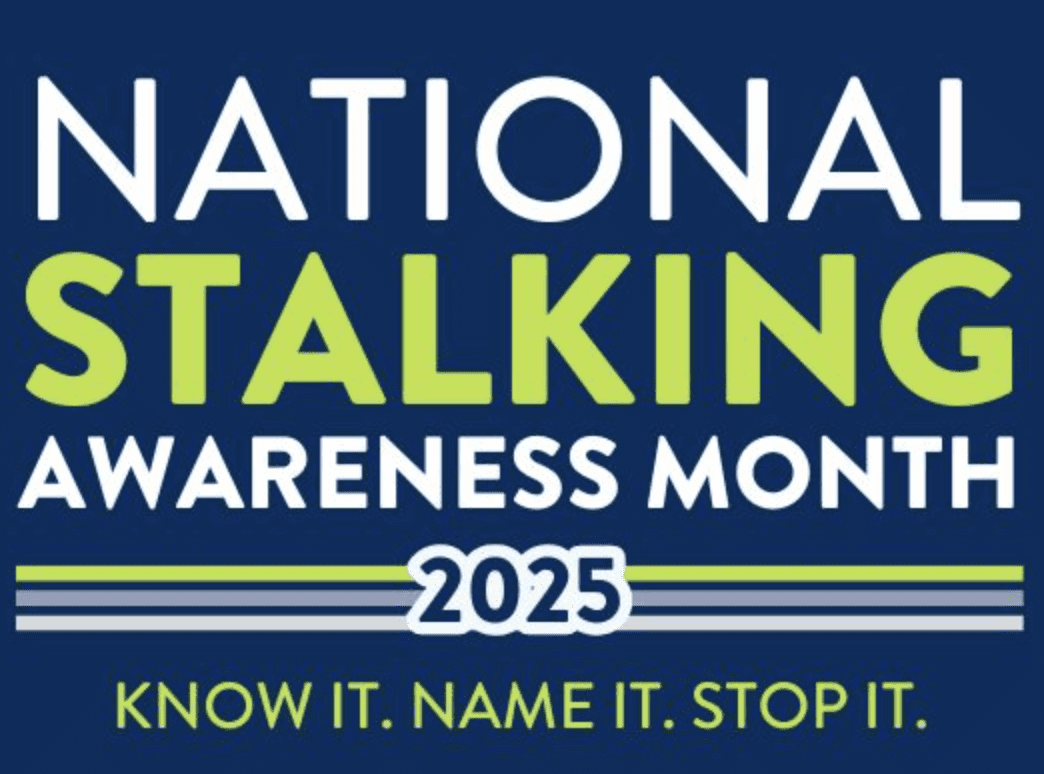By Abigail Knowles-Wolfe (BPRW)
A good night’s sleep is important to most of us for a variety of reasons. I strive to get 8 hours of sleep a night personally because I don’t feel as productive throughout my work day otherwise. Add to this the fact that I just really am partial sleeping. I love taking naps. I relish analyzing my dreams. Sleep is an enjoyable thing for me. Yet many of my friends and acquaintances don’t feel the need to sleep as much as I do claiming that it interferes with their schedule and things they want to do. My medical student husband often used to tell me that he would, “sleep when he was dead.” To which I’d reply, “I’d like you to live a long time though.”
Many Americans go through life getting only 4 or 5 hours of sleep a night. Business executives, doctors and other professionals alike work long hours and just don’t seem to have time for this sleeping business. Yet scientific studies seem to indicate that sleep is important for our overall health and well being. Sleep is restorative and allows the body to refuel itself and its reserves. People who sleep 8 hours a night tend to be thinner, healthier and live longer lives.
According to a study on obesity from Columbia University, adults who sleep less than 7 hours a night are more likely to be obese. The theory being that lack of sleep disrupts the hormones that regulate appetite. Furthermore reports from the Nurses’ Health Study run by Harvard University have linked irregular or insufficient sleep to an increased risk of colon cancer, heart disease and diabetes. Additionally a recent study authored by Dr. Lauren Hale, PhD, of Stony Brook University, studied 32,749 individuals over the age of 18 subsequently discovering that African Americans and other minorities had an increased risk of sleeping too little or two much, with adverse affects to their health.
Sleep, though important for adults, is even more important for young children. A study released in the September issue of “Sleep” entitled “Associations between Sleep Duration Patterns and Behavioral/Cognitive Functioning at School Entry” found that sleep deprivation in a child’s formative years might lead to future behavioral and cognitive problems. In this Canadian study children sleeping less than the recommended 10 hours performed poorly on vocabulary and cognitive development tests as compared to those children sleeping for longer periods of time.
Therefore I’m not just sleeping for my own enjoyment anymore but for my health! For while it is important to balance all aspects of life and work equally perhaps these new sleep studies will help all Americans understand the importance of a good night’s rest. Remember to make time for sleep yourself and more importantly ensure that your growing children get the suggested amount of nightly rest too.



